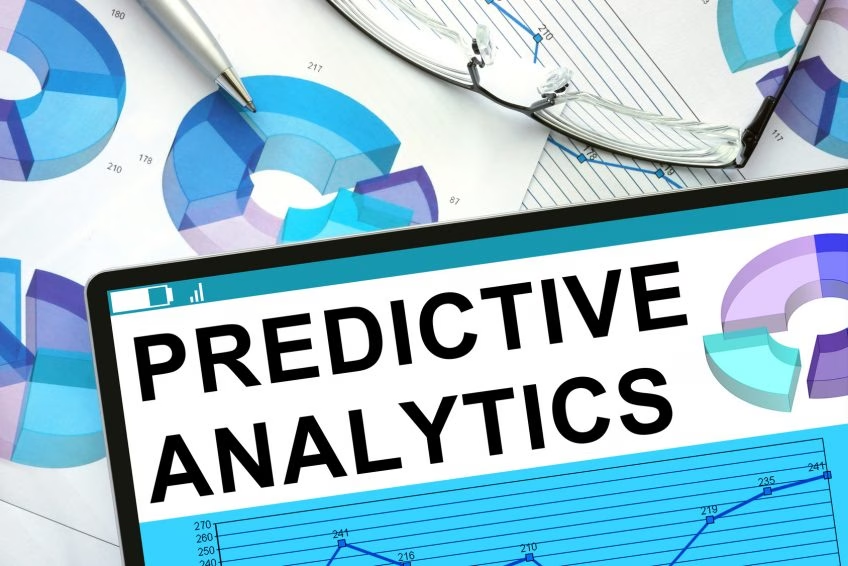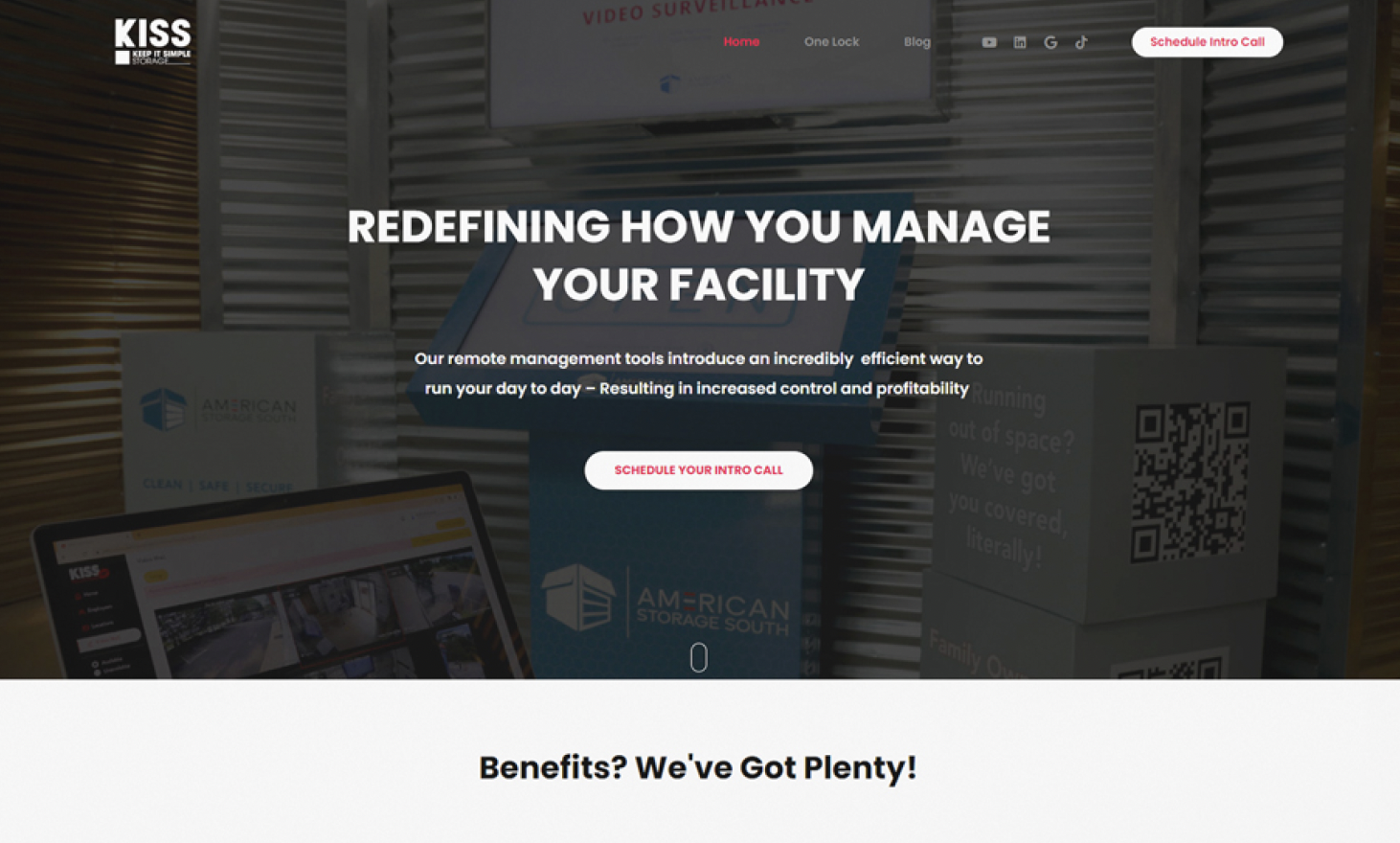- Developers
- Developer Blog
- AI Software Development
- How to Implement Predictive Analytics for Business Processes

profile
Verified Expert
1 year of experience
Alexey Semeney is an entrepreneur, founder, and CEO of DevTeam.Space. He is a product development expert and an occasional writer on different topics related to team management and product development. He is an avid traveler and sports enthusiast.
Here is how to implement predictive analytics into your business processes.
Best Practices for Implementing Predictive Analytics for Business
Predictive analytics is a powerful tool, but only when it’s implemented properly. Successful predictive analytics implementation requires you to follow a certain set of best practices.
Lots of teams use the Cross Industry Standard Process for Data Mining model (CRISP-DM) to collect their data and to guide the system they’re trying to create.
Data mining techniques helps you organize the data you already have and implement the findings into automated businesses processes. I’ll show you how to get started with this later.
As far as integrating predictive analytics into your business, there are some steps you must take to ensure the best chance of success: clarify your objectives, build your infrastructure, define your idea of success, launch early predictions, and maintain your data.
Clarify Your Objectives so You Know What Data to Collect
You can’t gather data successfully without knowing what type of data outcome you want to predict.
You might want to predict the likelihood that your customers will need a warranty by diving into data related to repairs and broken products. You may want to figure out how much of a new product you’ll need to order, or even which email list promotions help retain business users, etc.
This all requires different sets of data. In order to successfully apply predictive analytics models in real-time, you need to collect the right kind.

Get a complimentary discovery call and a free ballpark estimate for your project
Trusted by 100x of startups and companies like
Identify the metrics you want to understand before you even start the process of predictive models implementation.
Define Success: How Does This Data Help You Reach Your Goals?
You can’t achieve your goals if you don’t what they are. Figure out what you want out of predictive analytics. There’s a margin of error when developing any artificial intelligence system, but that doesn’t mean your business won’t achieve success by using your available, but limited data pools. Set attainable goals.
If increasing online sales is the end game, consider integrating predictive analytics in customer suggestions on your website. If you’re looking to gain X number of repeat customers, for example, consider targeted email campaigns using predictive analytics.
Figuring out your end game helps you chart the right pathway to success.
Build the Infrastructure
You’re going to need a lot of information to implement predictive analytics. The more information you have, the more accurate it’s going to be.
This means you have to make sure your team makes all the data available to you possible. You may need to make API connections and import data from tools owned by different departments.
Open your lines of communication and get everyone on board while you’re building your predictive analytics infrastructure.
Launch Early Predictions
Predictive analytics get more accurate as time goes on because more and more new data is collected and used.
Start your predictions now with the historical data you have. This may not be the most accurate, but it can help you understand if you’re on the right path.
If your model predicts outcomes you know are already proven, you’re headed in the right direction. If not, collect more data and continue testing.
Maintain Data
Predictive data analytics will not be successful if data isn’t constantly being updated and maintained.
It’s great that you’re up and running, but you need to make sure your predictions are as accurate as possible. The truth is that customer behavior can change. New trends are started every day and buying habits are finicky, etc.
If you want to ensure that you are ahead of the curve, you’ve got to keep an eye on it always. Project managers and business intelligence team set metrics for their business processes and analyze data insights from predictive analytics tool on a daily basis to ensure their predictive analytics model is working as expected.
Hire expert developers for your next project
1,200 top developers
us since 2016
Technical Expertise to Implement Predictive Analytics for Business Effectively
You will need software engineers with a proactive mindset to implement predictive analytics in your business problem. They should be able to think about a business problem in the context of future outcomes.
Moreover, there is an advanced skill set required including, machine learning and data science expertise to build a robust predictive analytics software.
Your software developers should have expert-level data analysis skills for implementing AI algorithms including, regression models like linear regression, logistic regression, and classification models like decision trees, etc.
You should partner with data scientists who are not only experts in building AI statistical models but also well-versed in different model optimization and validation techniques. For example, principal component analysis and k-fold cross-validation, etc.
They should be able to work with big data to build efficient predictive systems that help businesses in decision-making. The tasks include data collection, preprocessing or modification, storage, analysis, and representation, etc.
For these tasks, they can use software like Apache Spark, Matlab, Tableau, etc.
Your software development team should be familiar with advanced analytics and machine learning techniques like deep learning, transfer learning, etc.
To implement these AI models efficiently, your software developers should be able to work with the right tools and platforms. For starters, they should be proficient in programming languages used commonly to build AI models.
R and Python are commonly used by data scientists and AI developers due to the elaborate library support they offer to build and visualize model outputs.
Tensorflow is a prominent open-source library for building complex models in multiple layers. It uses data flow graphs to help developers create large-scale deep neural networks.
Developers can also use TensorBoard offered by Tensorflow for better data visualization. They can use a graph dashboard to examine the model’s structure and how it is learning. Developers can tweak the model like change parameters if progress is slow, etc.
Some other machine learning frameworks that provide APIs to build deep neural networks efficiently include Keras, PyTorch, Sonnet, DL4j, etc.
IBM provides a comprehensive solution to build AI systems efficiently. Your AI development team can use Watson Studio and Watson Machine Learning to build customized machine learning models.
These IBM platforms provide workflows to seamlessly build, test, and deploy predictive models.
Hire expert developers for your next project
Watson OpenScale can assist your development team in modifying and tuning AI models in real-time. You can also invest in IBM’s private cloud for data to make use of IBM tools and AI development frameworks.
If you wish to implement AI techniques in customer service chatbots or recommendation systems to enhance the customer experience, make sure your software developers are experts in relevant AI domains like natural language processing, cognitive analysis, augmented reality, etc.
To effectively implement such advanced NLP models, your AI developers will need to work with tools and libraries like NLTK (Natural Language Toolkit), Stanford CoreNLP, Apache OpenNLP, to help developers in tasks like semantic reasoning, text segmentation, parsing, etc.
DeepMind, IBM Watson, Microsoft Cognitive Services, etc. can help your software developers build a platform with cognitive computing abilities.
Read more about top AI tools to ease development process for predictive analytics in our guide here.
Read our other blogs to know how businesses can use AI for predictive maintenance and 5 ways predictive analytics can be used in healthcare industry.
Interested in Implementing Predictive Analytics for your Business?
Predictive analytics is one of the best things you can do for your enterprise, but you’re only as strong as your AI development and data analytics teams.
Because AI development is a circular process – things must always be built and updated – you want to make sure you have the best data analysts team possible.
If you are lacking the AI skills or expertise you need to ensure your predictive analysis project is a success then why not take a moment to let DevTeamSpace know of your project requirements.
DevTeam.Space has a community of skilled software developers with elaborate AI industry knowledge and experience. One of our account managers will get in touch to show you how our AI developers can help you.
Frequently Asked Questions
Big data analytics involves the use of sophisticated machine learning software to find future trends or patterns in large pools of data. These patterns can be used for anything. For example, to predict stock price moves, future events like customer churn, and recommendation systems.
It can improve any aspects of business operations that involve data. Everything, from supply chain efficiency to insurance fraud detection, can be improved with big data analytics. Companies are already using big data for predictive modeling, predictive maintenance, and assessing the performance of their workers on a day-by-day basis.
The answer to this question really depends on the complexity of the solution. More basic big data solutions for a small to medium-sized company can cost anywhere from a few thousand dollars up to hundreds of thousands.

Alexey Semeney
Founder of DevTeam.Space
Hire Alexey and His Team To Build a Great Product
Alexey is the founder of DevTeam.Space. He is award nominee among TOP 26 mentors of FI's 'Global Startup Mentor Awards'.
Alexey is Expert Startup Review Panel member and advices the oldest angel investment group in Silicon Valley on products investment deals.


